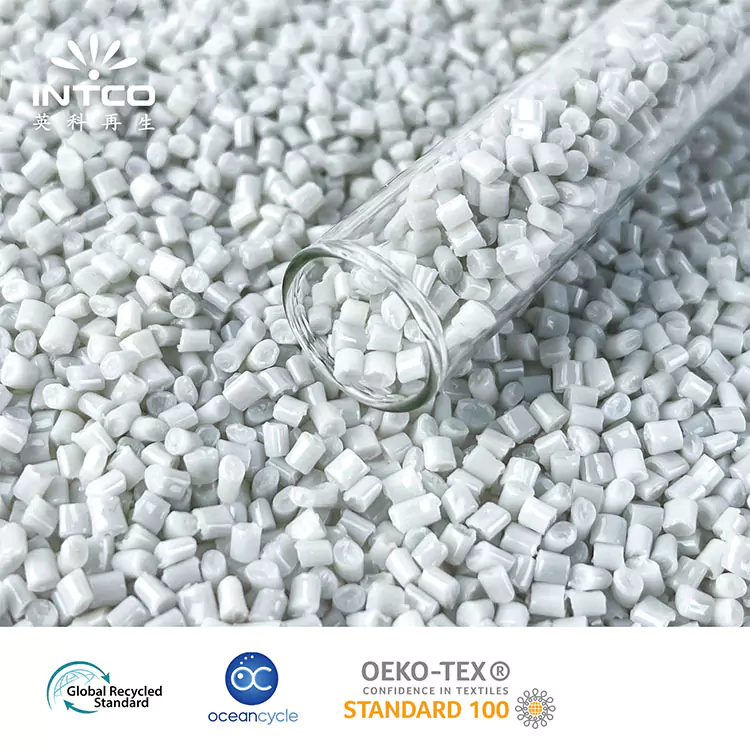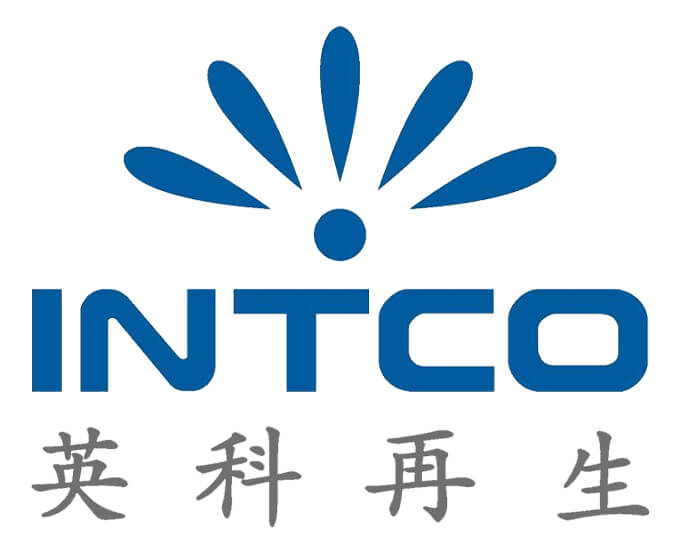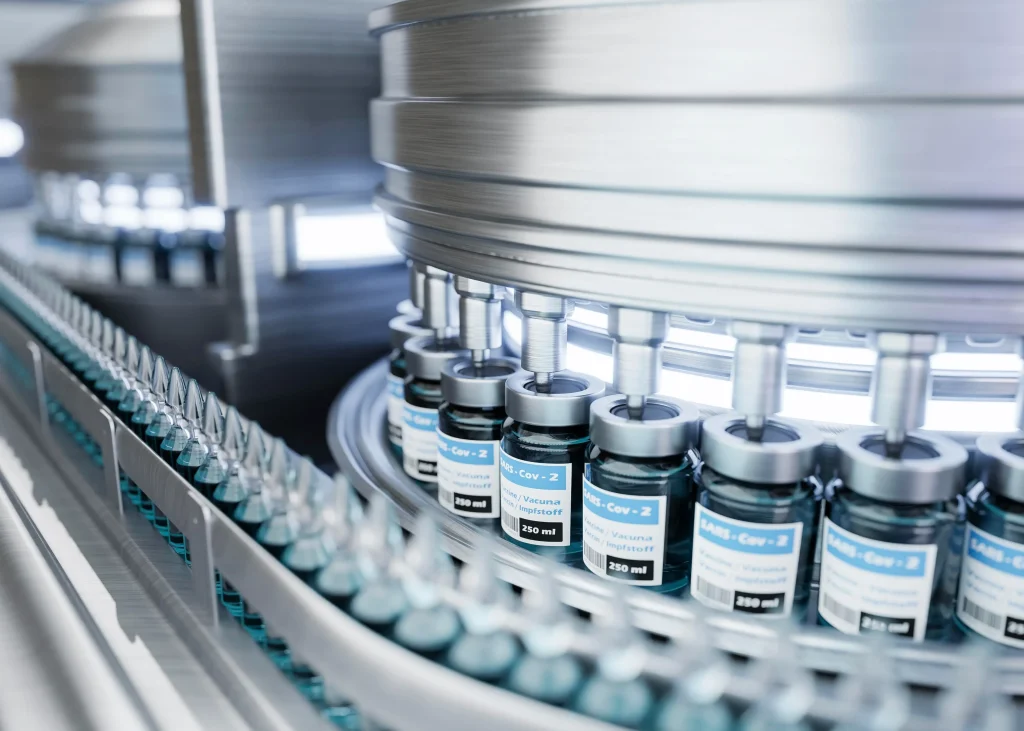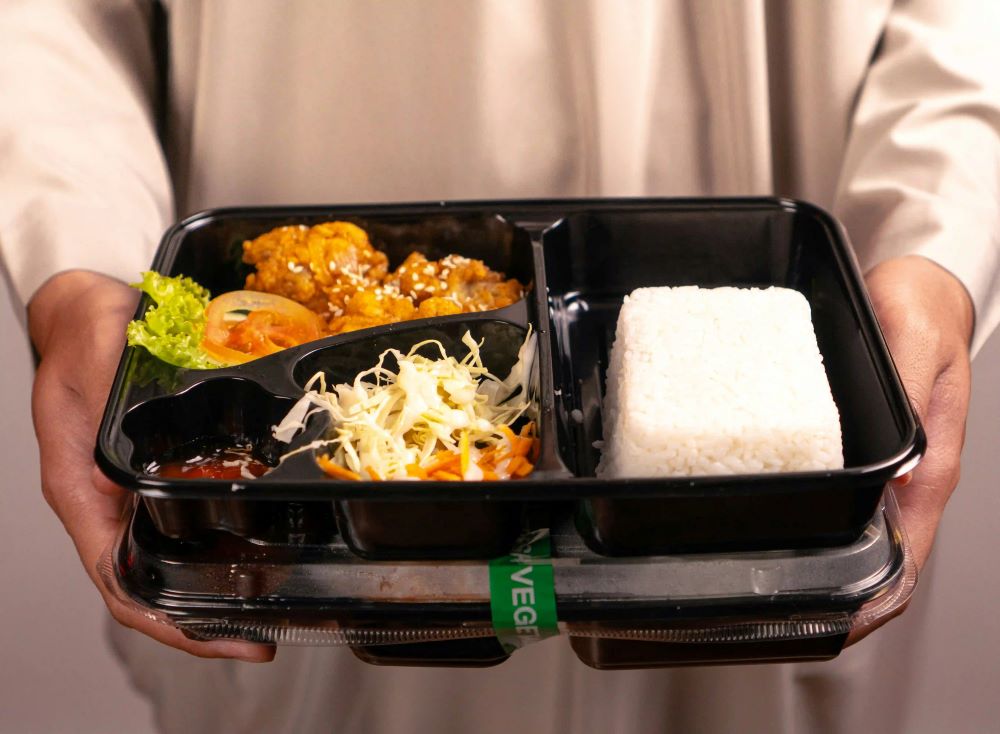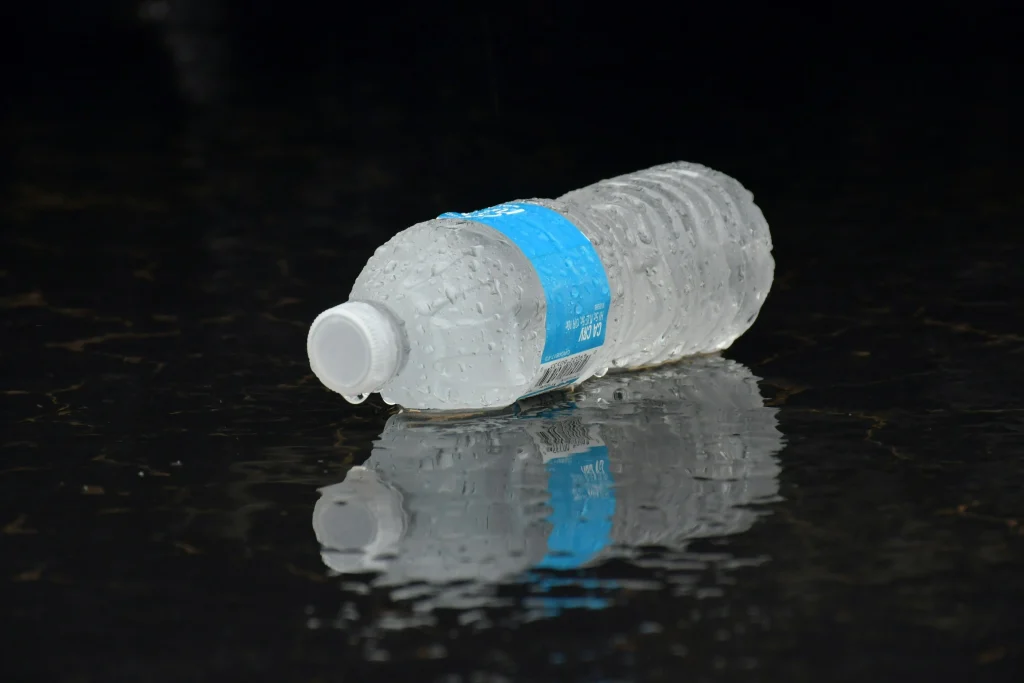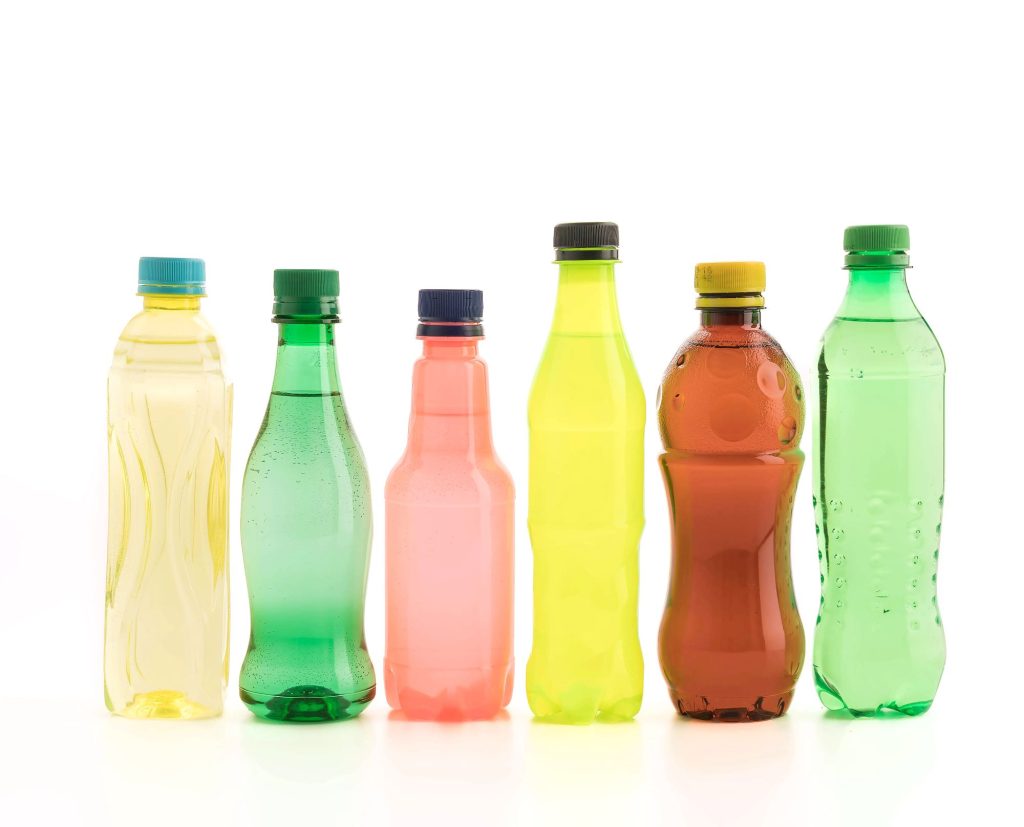As the global focus shifts towards sustainability more and more each day and as we delve deeper into examining the materials we use for manufacturing and packaging purposes – one material that has sparked interest and attention lately has been polyethylene terephthalate (PET) a widely used plastic that comes in two main forms; virgin PET and recycled PET (known as rPET). Opting for food-grade rPET sheets, over PET presents significant environmental advantages that cannot be overlooked or underestimated The use of such sheets made from recycled post-consumer materials offers a sustainable alternative that helps alleviate the various environmental repercussions linked to traditional plastic manufacturing processes.
Understanding rPET and Virgin PET
Definition and Composition of rPET
Recycled PET (known as rPET) comes from used plastic items like PET bottles and containers that are collected and cleaned before being turned into material through processing methods. The main source of materials for creating food-grade rPET sheets consists mainly of clean bottles made from polyethylene terephthalate (PET). This recycling process includes converting this discarded material into products, like food-grade rPET sheets that adhere to strict FDA and EFSA regulations. These rPET sheets made from materials are perfect for food packaging as they offer great transparency and impact resistance while also serving as an effective flavor barrier, for different uses.
Definition and Composition of Virgin PET
Produced PET comes from raw petrochemical sources like oil and natural gas without any recycled materials in the mix—energy-intensive processes transform these nonrenewable resources into final plastic goods during production stages with a significant impact on carbon emissions and the environment being made by virgin PET materials. On the other hand using rPET not only prolongs the life of these resources but also lessens the need, for new ones by reusing them effectively.
Lifecycle Analysis: rPET vs. Virgin PET
Production Process Comparison
The processes involved in creating recycled PET (rPET) and new PET materials show distinctions in their environmental effects. The making of PET entails a series of stages such as extracting resources and molding plastics that demand significant energy consumption and release greenhouse gases into the atmosphere. This detailed procedure highlights the carbon footprint of new PET that plays a role in climate change impact. On the hand rPET sheets used for food packaging significantly decrease this environmental impact by eliminating the necessity, for extracting resources and reducing processing needs.
Energy Consumption
The energy consumption associated with rPET production is significantly lower compared to virgin PET. According to lifecycle analyses, the manufacturing of rPET can consume up to 70% less energy than producing virgin PET. The recycling process for rPET leverages existing materials and emits fewer fossil fuel emissions. This decrease in energy consumption directly correlates with a reduced carbon footprint, which is pivotal for brands looking to align their operations with environmentally conscious goals.
Water Usage
Water usage is another critical aspect where rPET shines in comparison to virgin PET. The production of virgin PET requires vast amounts of water for cooling and processing, which can strain local water resources, especially in regions facing water scarcity. The production of rPET, however, significantly diminishes this demand, as the recycling process conserves water and significantly reduces freshwater consumption. The positive impact on water availability contributes to the sustainability profile of food-grade rPET sheets, making them an ideal option for eco-conscious entities.
Resource Extraction
When considering resource extraction, the comparison becomes even more pronounced. The extraction of raw materials for virgin PET not only depletes finite resources but also contributes to habitat destruction, biodiversity loss, and other ecological issues. In contrast, food-grade rPET sheets are created from waste materials that already exist in the market. This recycling process alleviates the burden on natural resources and encourages a circular economy, promoting the responsible use of materials while reducing waste.
In conclusion, the environmental benefits of utilizing food-grade rPET sheets over virgin PET are compelling and multi-faceted. From reduced energy consumption and water usage to less reliance on resource extraction, food-grade rPET sheets represent a step towards sustainability in packaging and product manufacturing. As more businesses understand and advocate for the adoption of recycled materials, the collective efforts towards a circular economy can help mitigate the adverse effects of plastic pollution on our planet.
Reduced Carbon Footprint with rPET Sheets
Emissions During Manufacturing
The manufacturing of food-grade rPET sheets leads to significantly lower greenhouse gas emissions compared to virgin PET production. The rPET sheets benefit from using materials that have already been processed and utilized, thus eliminating the need for extracting and refining new raw materials. In fact, utilizing recycled materials can reduce CO2 emissions by up to 79%, which plays a crucial role in addressing climate change. Furthermore, due to the energy-efficient nature of the recycling process involved in creating food-grade rPET sheets, the carbon footprint associated with their production is drastically minimized.

Compliance with Environmental Regulations
Meeting Sustainability Standards
The production and use of food-grade rPET sheets align with stringent sustainability standards set by various regulatory bodies. These standards require that materials used in food packaging are safe and environmentally friendly. By converting recycled plastic into food-grade rPET sheets, companies contribute to compliance with these regulations while also demonstrating their commitment to sustainable practices. These products, which are often derived from 100% post-consumer recycled materials, are essential for brands looking to enhance their green credentials and respond positively to consumer demands for more eco-friendly packaging solutions.
Advantages of Obtaining Certifications
Obtaining certifications such as FDA and EFSA for food-grade rPET sheets provides food manufacturers with a competitive edge in the marketplace. The environmental benefits tied to rPET usage play a significant role in securing these certifications as they showcase a dedication to sustainability and responsible production practices. Furthermore, having certified food-grade rPET sheets enhances brand reputation, as environmentally conscious consumers increasingly make choices based on the sustainability of packaging. Companies utilizing food-grade rPET can effectively communicate to their customers the positive environmental impact associated with their products, fostering loyalty and trust.
In summary, the use of food-grade rPET sheets not only contributes to reduced carbon emissions during manufacturing and transportation but also adheres to environmental regulations and eases the path to certification. Companies like INTCO, known for their high-quality food-grade rPET pellets, exemplify the commitment to sustainability that is becoming crucial across industries. With the advantages of excellent flavor barrier properties, high transparency, and impressive impact resistance, food-grade rPET sheets serve as a pivotal solution in efforts to create a more sustainable future.
Benefits for Ecosystems and Wildlife
Reduction in Oceanic Pollution
The use of food-grade rPET sheets plays a critical role in mitigating oceanic pollution caused by plastic waste. By opting for rPET, businesses directly support the recycling of post-consumer plastic materials that would otherwise contribute to the growing problem of plastic debris in oceans. This shift not only aids in reducing the volume of waste ending up in marine environments but also helps to protect aquatic life from the hazards associated with plastic ingestion and entanglement. Furthermore, as recycled PET materials are processed more efficiently, less new plastic enters the supply chain, further curtailing potential oceanic pollution.
Minimizing Habitat Destruction
The benefits of using food-grade rPET sheets go beyond being environmentally friendly; they also help in reducing the destruction of natural habitats caused by extracting raw materials for virgin PET production. Virgin PET production heavily depends on petroleum-based resources that require drilling and mining activities leading to ecosystem disruptions and wildlife displacement. Opting for food-grade rPET sheets of virgin PET materials in manufacturing processes contributes to a more sustainable approach by making better use of existing resources and reducing the necessity, for new resource extraction that could harm forests and wildlife habitats. This results, in the preservation of biodiversity. Promotes the health of ecosystems as well.
Socio-Economic Impacts
Enhancing Recycling Industry Viability
The encouragement of using food rPET sheets contributes to boosting the recycling sector by establishing a strong market for reused materials. As the demand for rPET items rises steadily over time it supports the sustainability of recycling operations by attracting investments in processing facilities and technology advancements. This progress in the recycling industry not only creates more job opportunities within waste management and recycling sectors but also strengthens community involvement, in environmental initiatives as locals acknowledge the economic advantages linked to embracing sustainable practices.
Promoting Sustainable Business Practices
Choosing to use food rPET sheets demonstrates a dedication to eco-friendly business approaches that align with the values of modern environmentally aware consumers. By incorporating rPET into their operations businesses communicate a stance on their environmental obligations and join a larger trend, toward sustainability. This integration of practices can strengthen customer loyalty and appeal to individuals who value sustainability when making buying choices. Moreover, as regulations change to require responsibility for environmental effects companies using food-grade recycled PET sheets are in a good position to comply with rules and show their commitment, to corporate social responsibility.
To sum up the advantages of using food grade rPET sheets are significant in ways; they help in reducing ocean pollution and habitat destruction while also promoting socio-economic benefits that contribute to a sustainable circular economy model Brands that adopt these materials not only play a role in environmental conservation but also establish themselves as pioneers, in ethical business strategies.
